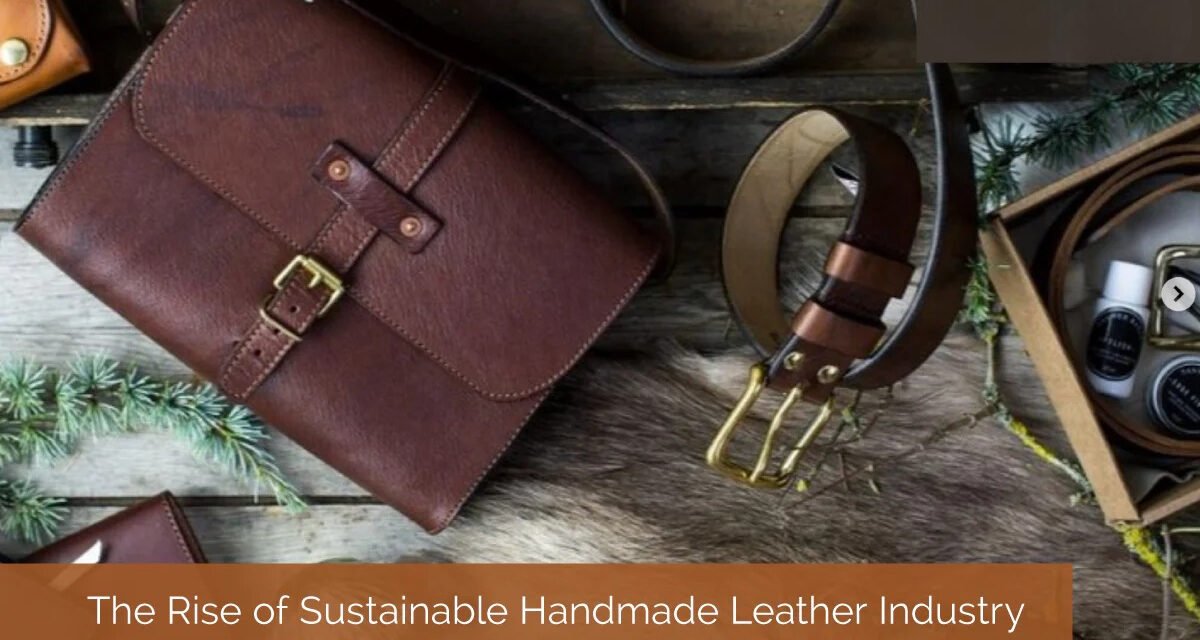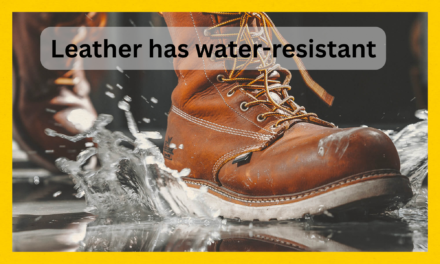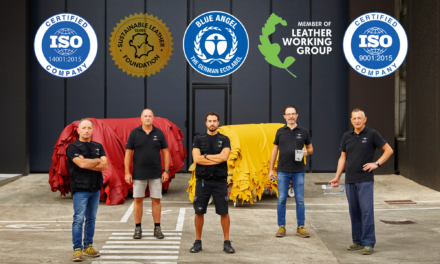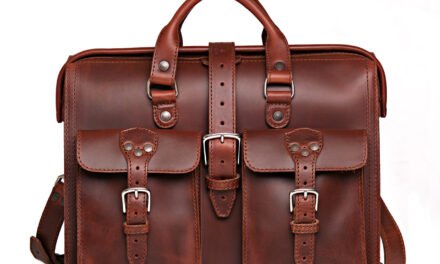The leather industry has several certifications that ensure ethical and sustainable practices, focusing on environmental impact, worker welfare, and responsible sourcing. Here are the key certifications:
1. Leather Working Group (LWG) Certification
- Focus: Environmental and sustainable practices in leather production.
- Criteria:
- Water and chemical management, energy efficiency, and waste management.
- Evaluates the tannery’s overall environmental impact and adherence to best practices.
- Benefits:
- Promotes sustainable leather production.
- Recognized globally by manufacturers, retailers, and consumers.
2. Global Organic Textile Standard (GOTS)
- Focus: Organic and environmentally responsible leather and textile production.
- Criteria:
- Leather must be processed with organic dyes and tanning methods.
- Strict standards for water treatment, chemical use, and waste management.
- Benefits:
- Guarantees that leather is produced without harmful chemicals or toxic substances.
- Certifies that leather is sourced from organic, cruelty-free practices.
3. ISO 14001 (Environmental Management Systems)
- Focus: Environmental management and sustainability across all industrial sectors, including leather production.
- Criteria:
- Waste reduction, water management, and energy efficiency practices.
- Continuous improvement in minimizing environmental impacts.
- Benefits:
- Encourages manufacturers to minimize their ecological footprint.
- Recognized internationally for improving environmental practices in production.
4. Fair Trade Certification
- Focus: Ethical sourcing, social responsibility, and fair wages in production.
- Criteria:
- Ensures that leather production adheres to fair labor practices and provides safe working conditions.
- Requires fair wages, no child labor, and a safe working environment.
- Benefits:
- Guarantees workers receive fair compensation and safe working conditions.
- Promotes better social responsibility in leather production.
5. Cradle to Cradle Certified™
- Focus: Circular economy, sustainability, and the safe use of materials.
- Criteria:
- Encourages the use of recycled materials and renewable resources in leather production.
- Leather products are designed to be fully recyclable or biodegradable.
- Benefits:
- Promotes a sustainable lifecycle for leather goods.
- Ensures that products can be reused or recycled at the end of their life cycle.
6. ISO 9001 (Quality Management Systems)
- Focus: Quality management and continuous improvement.
- Criteria:
- Ensures quality control in all stages of leather production, including sourcing, tanning, and finishing.
- Requires manufacturers to meet global quality standards in their processes.
- Benefits:
- Improves consistency, efficiency, and customer satisfaction in leather products.
- Recognized worldwide, ensuring the quality of leather products.
7. Oeko-Tex Standard 100
- Focus: Safety and sustainability in textile and leather products.
- Criteria:
- Leather and its components are tested for harmful chemicals, such as heavy metals and pesticides.
- Ensures the absence of toxic substances that could harm human health or the environment.
- Benefits:
- Provides assurance that leather products are safe for human use.
- Improves consumer confidence in eco-friendly and health-conscious products.
8. Global Recycled Standard (GRS)
- Focus: Certification for recycled content in products.
- Criteria:
- Leather products must contain a certain percentage of recycled materials, ensuring a circular approach.
- Includes traceability, environmental impacts, and social criteria.
- Benefits:
- Encourages the use of recycled leather and sustainable practices.
- Enhances the environmental integrity of leather production by incorporating recycled materials.
9. B Corp Certification
- Focus: Social and environmental performance, accountability, and transparency.
- Criteria:
- Companies must meet rigorous standards for social and environmental responsibility.
- Evaluates areas such as worker treatment, environmental impact, and community involvement.
- Benefits:
- Recognizes companies committed to high social and environmental standards.
- Enhances a brand’s reputation as a responsible, ethical business.
10. SA8000 (Social Accountability International)
- Focus: Social accountability and workers’ rights.
- Criteria:
- Ensures fair wages, no child or forced labor, safe working conditions, and workers’ rights in leather production.
- Monitors compliance with international labor laws.
- Benefits:
- Promotes better working conditions and ethical labor practices.
- Ensures that leather production adheres to international labor rights standards.
Conclusion
These certifications ensure that the leather industry adheres to high standards of sustainability, social responsibility, and ethical practices, addressing environmental concerns and promoting fairness across the supply chain.
Hashtags
#SustainableFashion #EcoLeather #ConsciousConsumption #EcoChic #EcoFriendlyFashion #SustainableStyle #EcoFashion #EcoFriendlyMaterials #EcoFriendlyProducts #EcoFriendlyLiving #EcoFriendlyChoices #EcoFriendlyBrands #EcoFriendlyShopping #EcoFriendlyLifestyle #EcoFriendlyChoices #EcoFriendlyClothing #EcoFriendlyAccessories #EcoFriendlyDesign #EcoFriendlyLuxury #EcoFriendlyLeatherGoods







